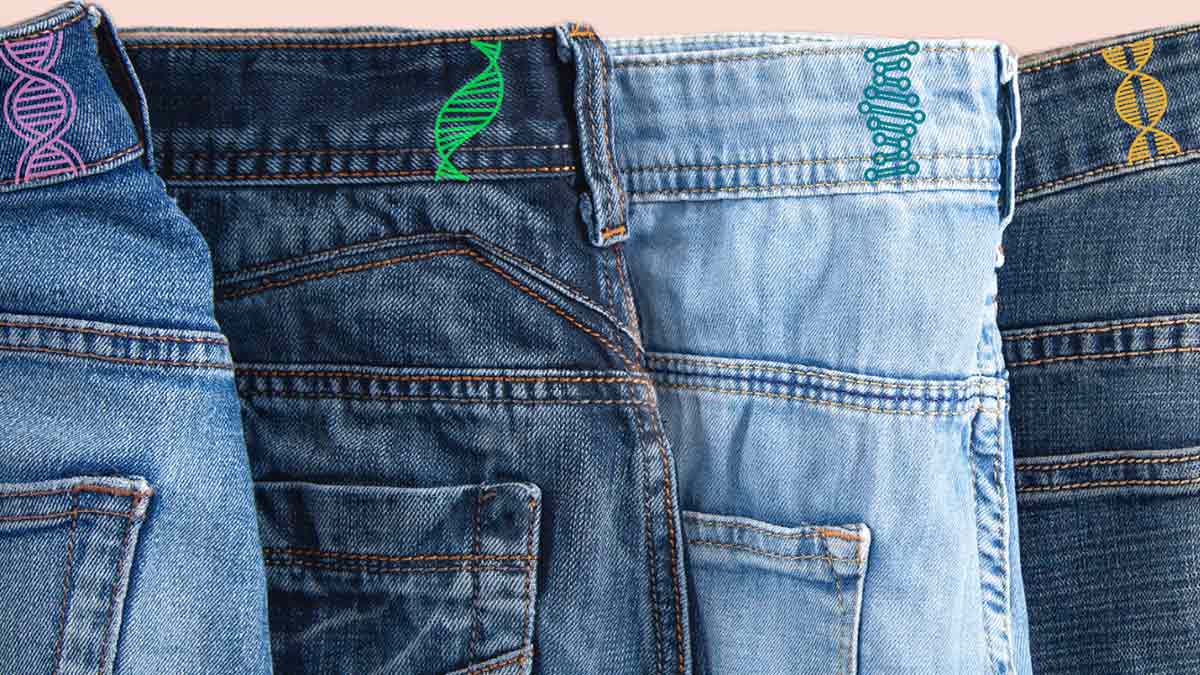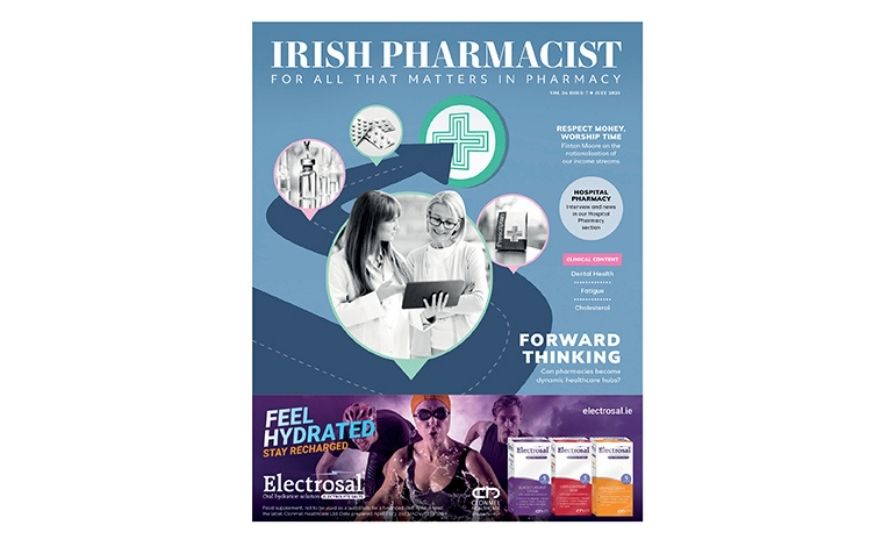Working with teams over the years in another role with the Irish Management Institute and others, I have used various psychometric assessment tools with participants, and with a great degree of success in many cases. We use them as part of coaching programmes to support the development of one’s self-awareness, to explore our differences in perception and preferences, both in terms of behavioural preferences and emotional responses, and to consider the root causes of same.
I have had team members and potential employees refuse to complete them, with reasons given like a fear-based ‘you’re not getting into my head’; to ‘I don’t see why I need to do it’, as if we all need reasons to do things. Interesting responses nonetheless, and perhaps a missed opportunity for some. One must embrace an open mindset, however, if one wants to learn anything new in order to embrace fresh opportunities.
So, what has that got to do with anything, I’m asking myself at the start of a new year. New opportunities to learn about oneself perhaps could be one point, but what put these assessments in my head was that we more often than not discuss the individual preferences that they suggest, rather than using them as a diagnostic psychoanalytical tool. The basis of the preferences can be interesting to explore, and the opportunity can be life changing for some. The preposition is, however, that having knowledge of one’s traits should mean that we are subsequently in a position to change our behaviour based on this new information – if only it were that easy. I know I shouldn’t order burgers and chips in the restaurant when there is a perfectly healthy salad on the menu, but why don’t I? I know I should be more patient with the children, so why do I flip the lid with them when such behaviour is a poor choice for all of us?
Having completed some genetic testing recently, it has highlighted some interesting data including predisposition to a range of diseases, pharmacological compatibility for numerous medicines, and personal traits, I am thinking that one could, and should, be forgiven for some of one’s behaviours based on one’s genetic make-up. The test results offer that one’s genetic results show a percentage likelihood of everything from facial aging to alcohol dependence after prolonged consumption, and from probability of insomnia to neuroticism. This, for me anyway, begs the question, how much of our direction and behaviours are within our conscious control, given such genetic predispositions, and in tandem with the subconscious, the emotional, and the irrationality that infuses our daily lives. We really are doing great to be as good as we are, are we not?
I find these thoughts both liberating and somewhat perplexing, given that I have spent the majority of my life to-date hungry for knowledge and answers, doing what I could to be the best version of somebody else (up to more recent years), and now to be a reasonably wholesome version of myself. Four college degrees, and numerous courses later, I have realised that this cannot be learnt from books, but rather, in my case anyway, through muddling my way through the day-to-day, while spending some time reflecting on and learning from the major screw-ups, doing one’s best to cultivate personal and interpersonal joy, and recognising and celebrating those little wins that sprinkle my weeks.
I have been lake swimming daily for the past two months. I use the term ‘swimming’ loosely. More like bobbing. One of the other persons who join me just sent on a meme of Santa with the caption ‘I’ve been watching this group all year, and most of you are not naughty … you’re mentally ill’, which cracks me up. I would struggle to find another WhatsApp group to share it with, lest I offend somebody. Putting it into one of our family WhatsApp groups would be akin to setting off a bomb!
Interesting, also, that I have had two conversations last evening with people where their mental health came up in conversation. A husband and wife as it happens, although through separate conversations. The husband described his underlying and ongoing anxiety, which is exacerbated by some social situations, and spoke about some of the things he does to manage himself. He was six pints deep at that point, or I wouldn’t have been offered a word of it, I’m quite sure. Maybe he has a high genetic predisposition to neuroticism, ie, a person’s tendency to experience ‘negative’ emotions such as anxiety, sadness, irritability, and worry. Adulthood is really an exercise in self-management, is it not? He is managing himself fairly well now by all accounts, although the impending hangover likely wasn’t going to help him. He said he had to go through his own ‘mental health struggles’ in order to get to the person he has grown into, describing a difficult and often lonely journey. I know he isn’t unique in such a journey, and our increasingly busy, artificial, and demanding environment, and hectic lifestyles, show little evidence of relenting. It is increasingly difficult to run a family, where both parents are working, and children are loved and cared for emotionally, physically, mentally, and spiritually. I nearly wrote ‘functional family’ there in place of ‘family’. I am yet to come across one!
She said she was ashamed of her postnatal depression, and felt that she was expected to just get on with it. ‘If I could have given him back, I would have,’ she said
This same fellow’s wife described her postnatal depression after the birth of their second child, which she hid from everybody, and did not seek help at the time or since. She said she was ashamed, and felt that she was expected to just get on with it. ‘If I could have given him back, I would have,’ she said. Imagine the guilt associated with feeling that way. It is tragic really that we cannot get ahead of postnatal depression, given its signs and symptoms; it is estimated to have a one-in-10 prevalence, and the timeline for its onset after giving birth. We have experience very close to home with somebody who had a mental breakdown after the birth of her third child, precipitating bipolar disorder, alcoholism, and numerous suicide attempts. ‘It takes a village to raise a child’ has never been more true, and yet expensive childcare, which varies dramatically in its quality, may be the only option that some parents have, the way we have evolved as a society.
Myself and Laura went on a walking tour recently that described the rise of Hitler’s Third Reich. The guide, who was American, mentioned that he ‘plays a game’ with his wife. He offers a quote from either Trump or Hitler and then she has to guess who said it. ‘Undocumented immigrants are poisoning the blood of our country’. I will let you guess who said that. So at a time of increasing division, I hope that we all do what we can to further support our communities in the coming year. Perhaps through more precious time with and relating to patients and customers ourselves, or by our fantastic pharmacy teams, as we are role models, coaches, and confidants, as well as healthcare professionals. However, time is a finite resource, and with continuing wage pressures, legislative sick pay and pensions (and rightly so), and increasing utility costs, we need to be resourced financially now more than ever. Let’s hope these ongoing negotiations with the HSE around fees and extended services end up in a win-win-win for pharmacy, the HSE, and the Irish public, so that we can resource that time for everybody’s sake.







